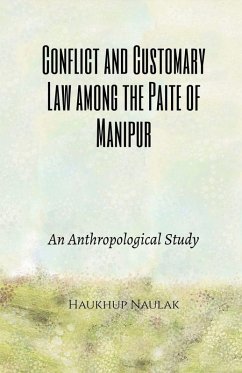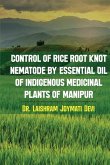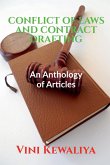Conflict is an inevitable part of every society, but the ways communities resolve it reveal much about their values, traditions, and structures of authority. Among the Paite tribe of Manipur, disputes are not settled through formal courts or contracts but through deeply rooted customary institutions guided by memory, kinship, and collective wisdom. This book offers an anthropological exploration of these practices, focusing on the roles of the Chief, the Village Authority, and the Inndongta (Household Council) in maintaining harmony and delivering justice. Drawing on rich ethnographic fieldwork in Paite society, the study highlights how leadership, tradition, and community participation shape conflict resolution and ensure social order. By situating Paite practices within broader anthropological debates on law, custom, and governance, the book sheds light on indigenous systems of justice in Northeast India. It shows how peace is not imposed from above but negotiated within the fabric of everyday life, blending authority with communal responsibility. Engaging and insightful, this work will appeal to scholars and students of Anthropology, Sociology, Political Science, Tribal Studies, and Law, as well as anyone interested in indigenous forms of governance and justice in South Asia.
Bitte wählen Sie Ihr Anliegen aus.
Rechnungen
Retourenschein anfordern
Bestellstatus
Storno








